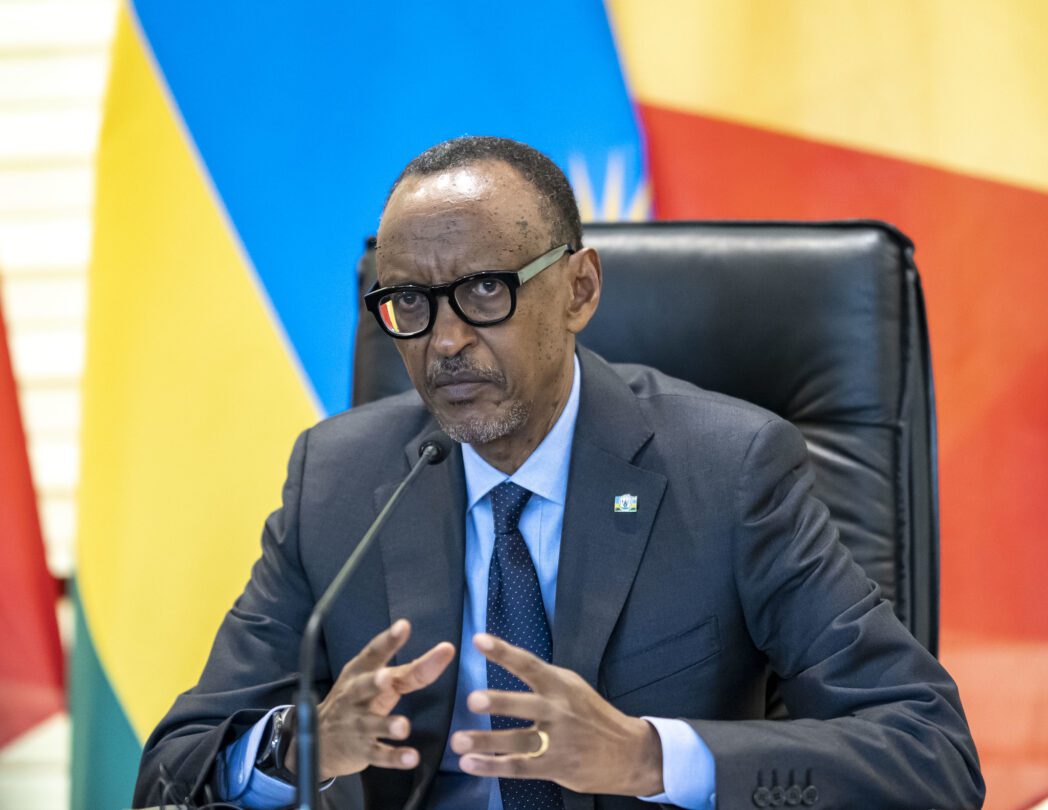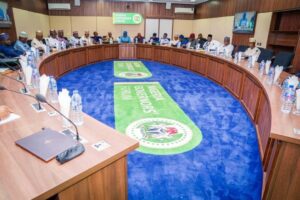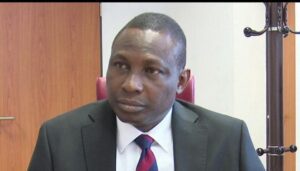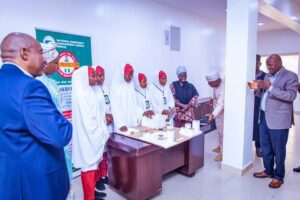


Kagame sworn in for fourth term as Rwandan president
Rwandan President Paul Kagame was sworn in on Sunday for a fourth term after sweeping to victory in elections last month with more than 99 per cent of the vote.
Several dozen heads of state and other dignitaries from African nations joined the inauguration ceremony at a packed 45,000-seat stadium in Kigali, the nation’s capital, where crowds had started gathering in the early morning.
Kagame took the oath of office before Chief Justice Faustin Ntezilyayo, pledging to “preserve peace and national sovereignty, consolidate national unity.”
The outcome of the July 15 poll was never in doubt for the iron-fisted Kagame, who has ruled the small African nation since the 1994 genocide, as de facto leader and then president.
He won 99.18 per cent of ballots cast to secure another five years in power, according to the National Electoral Commission.
Rights activists said the 66-year-old’s overwhelming victory was a stark reminder of the lack of democracy in Rwanda.
Only two candidates were authorised to run against him out of eight applicants, with several prominent Kagame critics barred.
Democratic Green Party leader Frank Habineza scraped into second place with 0.5 per cent of the vote against 0.32 per cent for independent Philippe Mpayimana.
Kagame is credited with rebuilding a ruined nation after the genocide when Hutu extremists unleashed 100 days of vicious bloodletting targeting the Tutsi minority, killing around 800,000 people, mainly Tutsis but also Hutu moderates.
But rights activists and opponents said he rules in a climate of fear, crushing any dissent with intimidation, arbitrary detentions, killings and enforced disappearances.
Kigali is also accused of stoking instability in the east of its much larger neighbour the Democratic Republic of Congo.
Angola’s President Joao Lourenco, among those attending Sunday’s ceremony, was due to have private talks with Kagame on a DRC ceasefire deal, the Angolan presidency said.
Luanda brokered the agreement last month after a meeting between the foreign ministers of DRC and Rwanda, which is accused of backing the M23 rebel group fighting Kinshasa’s armed forces.
But on August 4, the day the deal was supposed to take effect, M23 rebels — who have seized territory in the east since launching a new offensive at the end of 2021 — captured a town on the border with Uganda.



